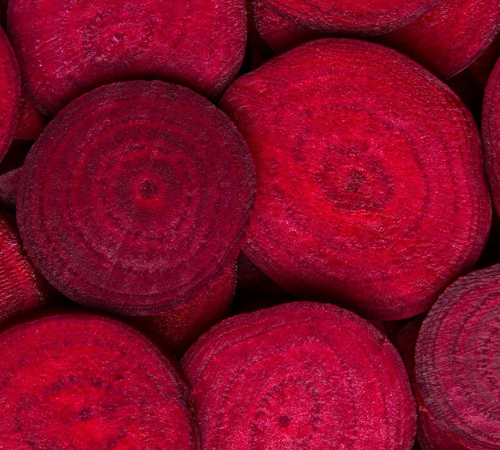
With its claims of being free of carbs and calories, plus no harmful side effects or nasty aftertaste, could monk fruit extract really be the ideal, all-natural alternative sweetener? Healthy Food Guide investigates.
Monk fruit is a small and round gourd-like fruit native to parts of Asia. The juice is 100 to 200 times sweeter than sugar, so you only need a tiny amount to enjoy the same sweetness.
Monk fruit has been used for centuries in Eastern medicine as a cold and digestive aid, and has been deemed safe for use as a sweetener by food authorities in the US, New Zealand, Australia, China, Japan and Canada. Most of the research on monk fruit has been on animals, so further studies on humans are needed to see if there are any benefits to us from the fruit.
While monk fruit extract is a good alternative, be aware that most monk fruit sweeteners currently available only contain a very small percentage of the actual fruit.
Many monk fruit sugar substitution products are mixed with dextrose to dilute the sweetness so they can be used as a 1:1 substitute for sugar in baking recipes. While others are a mix of monk fruit and other sweeteners such as erythritol or stevia.
Our tip: always check the nutrition labels so you know exactly what your monk fruit sweetener is mixed with.
Article sources and references
- Xu F, Li DP, Huang ZC, Lu FL, Wang L, Huang YL, Wang RF, Liu GX, Shang MY, Cai SQ. Exploring in vitro, in vivo metabolism of mogroside V and distribution of its metabolites in rats by HPLC-ESI-IT-TOF-MS(n). J Pharm Biomed Anal. 2015 Nov 10;115:418-30. doi: 10.1016/j.jpba.2015.07.024. Epub 2015 Jul 26. PMID: 26280925.https://pubmed.ncbi.nlm.nih.gov/26280925/
- Food Standards Australia New Zealand A1129 – Monk Fruit Extract as a Food Additivehttps://www.foodstandards.gov.au/code/applications/Pages/A1129-MonkFruitFA.aspx
- Food Insight, 18 December 2018. Everything You Need to Know about Monk Fruit Sweeteners. Accessed July 2021https://foodinsight.org/everything-you-need-to-know-about-monk-fruit-sweeteners/
www.healthyfood.com













